Oral hygiene is an important part of maintaining good health, and brushing and using an oral irrigator are the basis of oral hygiene. However, many people are not clear about the correct answer to the question of whether to use an oral irrigator or a toothbrush first. Today we will explore the answer to this question and provide you with some scientific advice to help you maintain good oral hygiene. Powsmart is one of the professional oral care products manufacturer in Shenzhen, offering OEM/ODM service for over 20 years. https://www.powsmart.com/about-powsmart/
First, we need to understand the physiological structure of teeth and gums. The surface of the teeth itself is relatively hard, and general brushing can remove surface dirt and bacteria. However, bacteria and food residues in the gingival sulcus and teeth are more difficult to remove. This is because the gap between the teeth and gums in these areas is small, and there are a large number of capillaries and lymphatic tissues in the gingival sulcus, which are easy to breed bacteria and viruses. Therefore, using an oral irrigator can help better remove bacteria and food residues in these areas.
However, some people think that using a toothbrush first can remove most of the dental plaque and food residues, and then use an oral irrigator for a deeper cleaning. Is this approach correct? In fact, according to some experts, it is necessary to clean the surface of the teeth with a toothbrush first, but it cannot completely remove the bacteria and food residues in the gaps between teeth and the gingival sulcus. At this time, you need to use a water flosser for deeper cleaning. Therefore, it is more reasonable to use a toothbrush first and then a water flosser.
Of course, some people think that using an electric toothbrush can replace a water flosser. However, according to the results of many studies, an electric toothbrush cannot completely replace a water flosser. Although the vibration and rotation of an electric toothbrush can help remove dirt and bacteria on the surface of the teeth, it is not as effective as a water flosser in removing bacteria and food residues in the gingival sulcus and between teeth. Therefore, while using an electric toothbrush, we still need to use a water flosser for deeper cleaning.
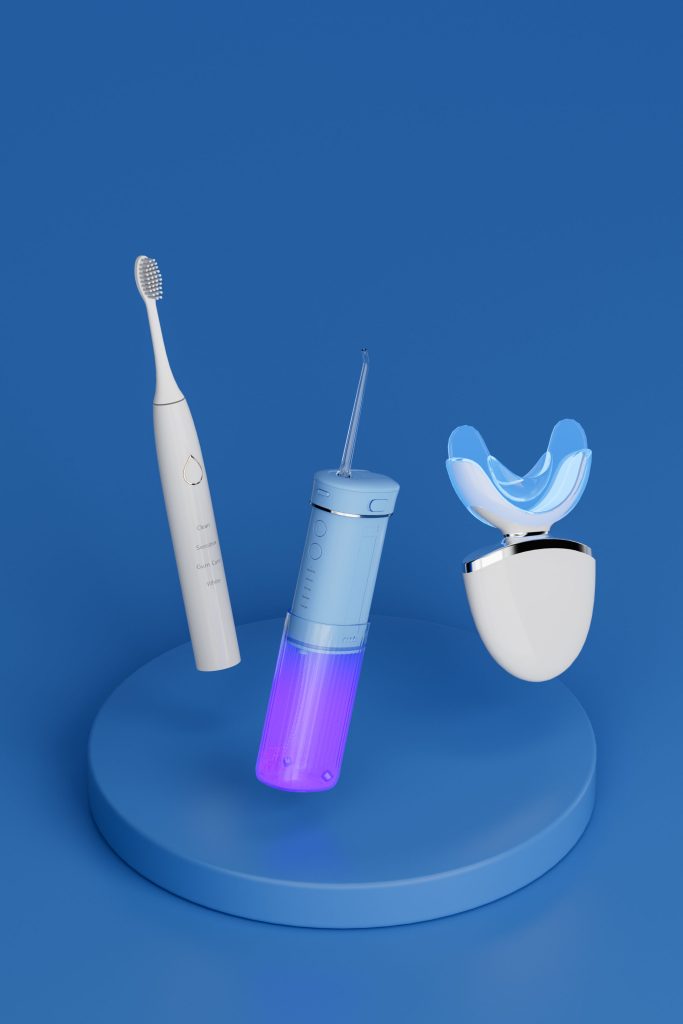
So, what should we do about the question of whether to use a water flosser or a toothbrush first? According to the advice of experts, we can use a water flosser to clean our mouth after getting up in the morning, which can effectively remove bacteria and food residues produced at night. Use the water flosser again before brushing your teeth at night, so that you can better end the day perfectly. When brushing your teeth, you need to pay attention to the correct brushing method, use a soft-bristled toothbrush and use the Bass brushing method. This can more thoroughly remove dirt and bacteria on the surface of the teeth.
Although it is recommended to use an oral irrigator before brushing your teeth, it also has its benefits to use it after brushing your teeth. This can help remove bacteria and residues that were not removed during the brushing process. Many “water flosser manufacturers” suggest that combining these two methods can achieve a more comprehensive oral cleaning.
Choosing a suitable oral irrigator is also important. The quality and performance differences of products from oral irrigator factories will directly affect the use effect. Make sure to choose a certified brand to improve the safety and effectiveness of use.
In general, there is no absolute answer to the question of whether to use a water flosser or a toothbrush first. When using a water flosser and a toothbrush, we need to pay attention to the correct method and order of use. At the same time, we also need to pay attention to the maintenance of oral hygiene and conduct regular oral examinations and teeth cleaning. Only by maintaining good oral hygiene can we better maintain good physical health. I hope these suggestions can help everyone better understand and practice how to maintain oral hygiene.

2025 Electric Toothbrush Promotional Sale: Opportunities for Brands to Scale with the Right Manufacturer

Where to Find Affordable Electric Toothbrushes in Los Angeles?
.jpg)
How does the dedicated massage mode promote gum blood circulation and health?
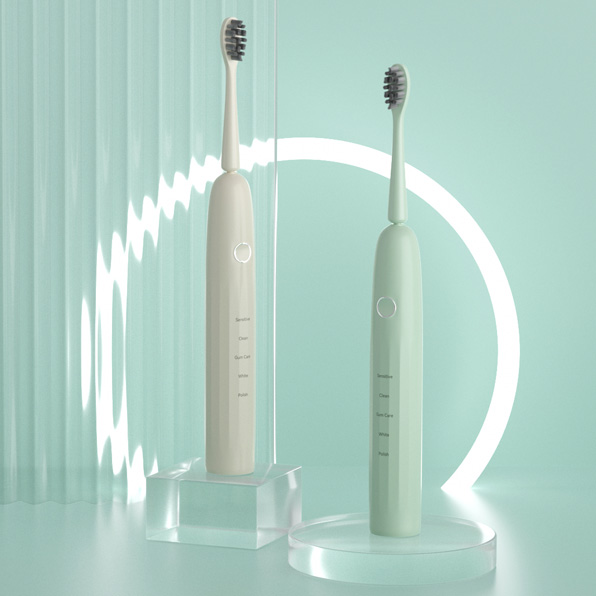
Integrating App Connectivity in OEM Electric Toothbrushes: A Tech Overview

Electric Toothbrush Christmas Gift Solutions – Texas OEM Manufacturing
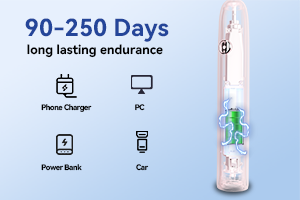
Wireless vs. Magnetic vs. USB Charging for Electric Toothbrushes: Which One to Choose?
Electric Toothbrush for Medical Professionals India
.jpg)
Long Island deals for NYC waterproof brush — pool-safe?
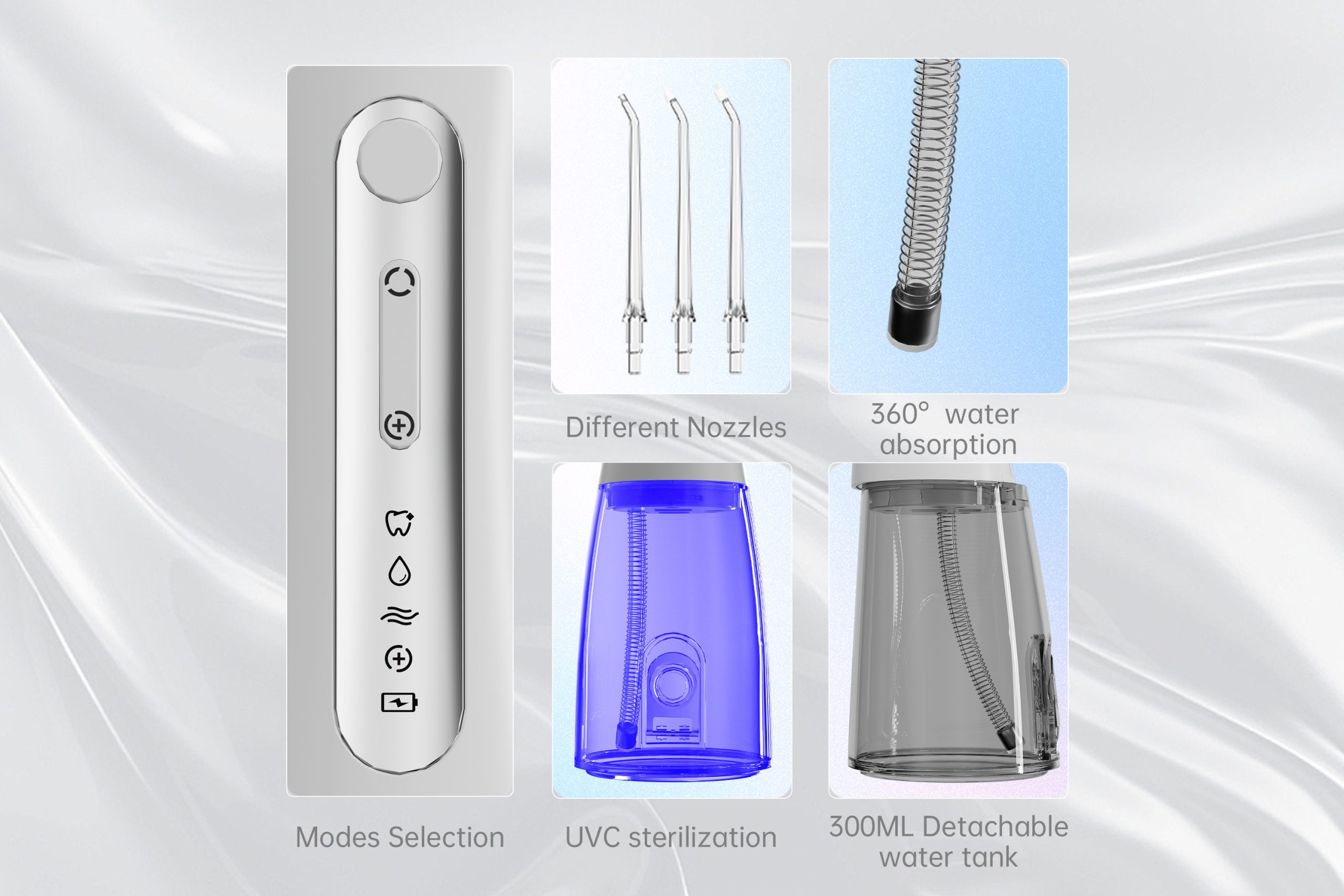
What Are the Core Components of a Water Flosser? Specialized Manufacturers Explain Key Components and Material Selection

Top OEM Electric Toothbrush Manufacturer for Kids – Powsmart
How Does Portability Enhance Allergen Detection?
.jpg)
How Can a Travel-Friendly Water Flosser Open Up the Young Market Through Portable Size + IP Collaboration?
Light Decay Triggering Allergic Dermatitis – Toxic?

Why Is Toothbrush Quality Certification Non-Negotiable?
.jpg)
What makes a toothbrush effective at fighting plaque?

Why are the factory prices of electric toothbrushes so different?
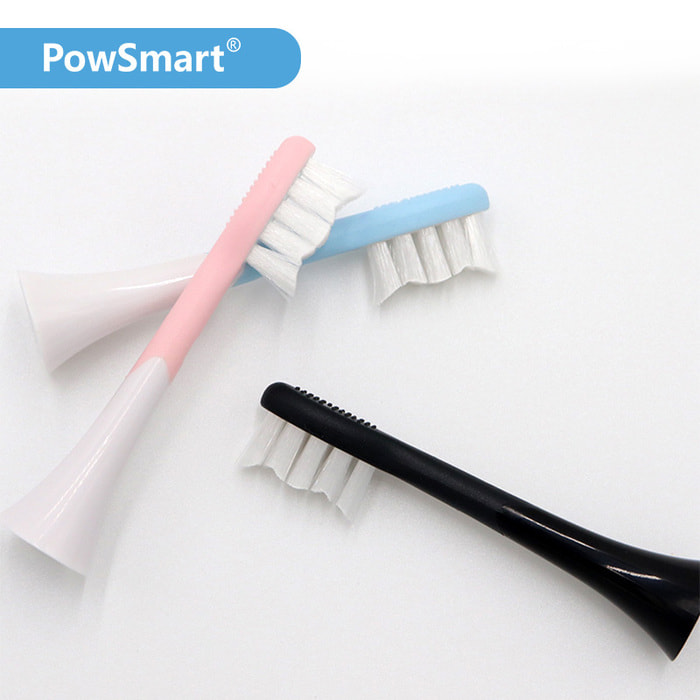
electric toothbrush heads Ultra Soft
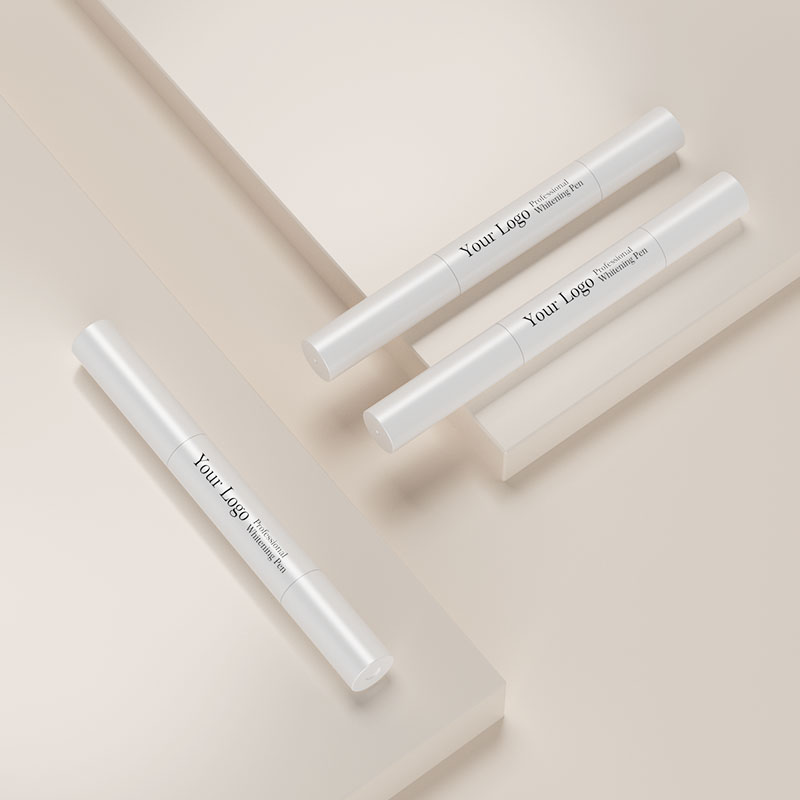
Customization Teeth Whitening Gel
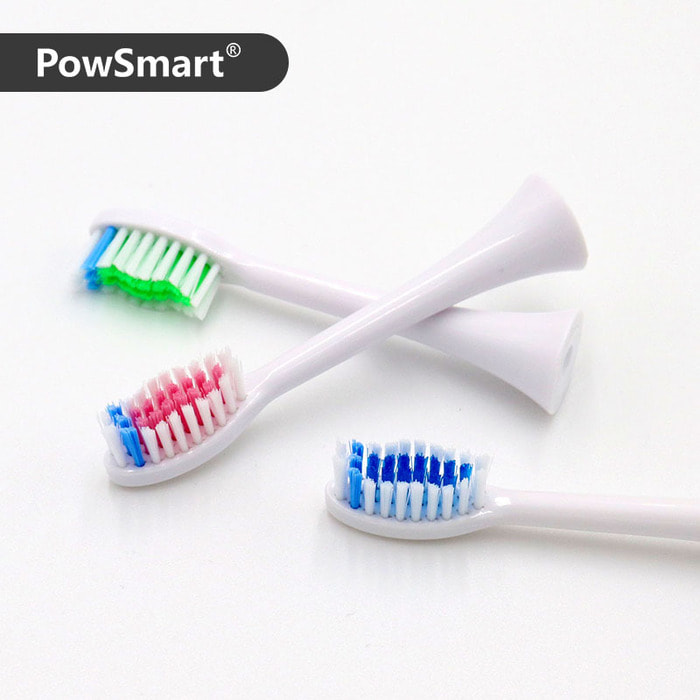
electric toothbrush heads Regular Clean
.jpg)
Florida Electric Toothbrush – Powsmart PTR-C8
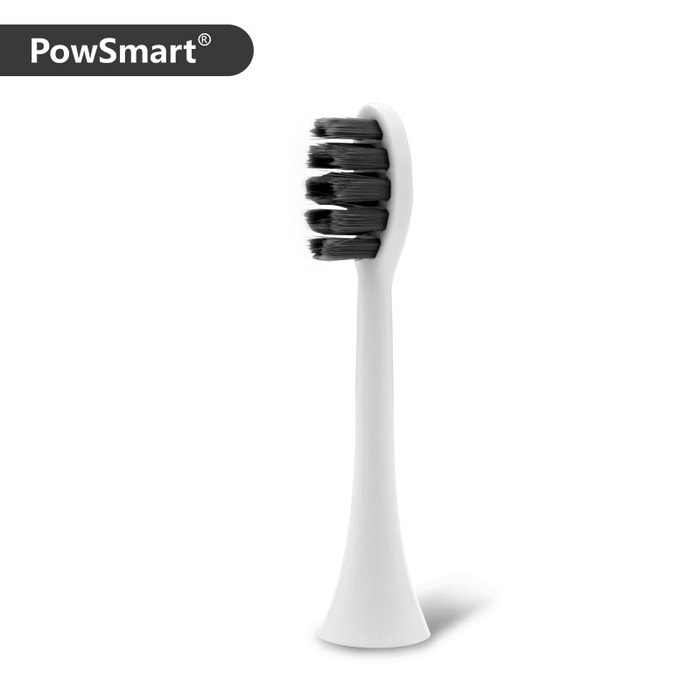
Electric toothbrush heads Charcoal Infused-Diamond
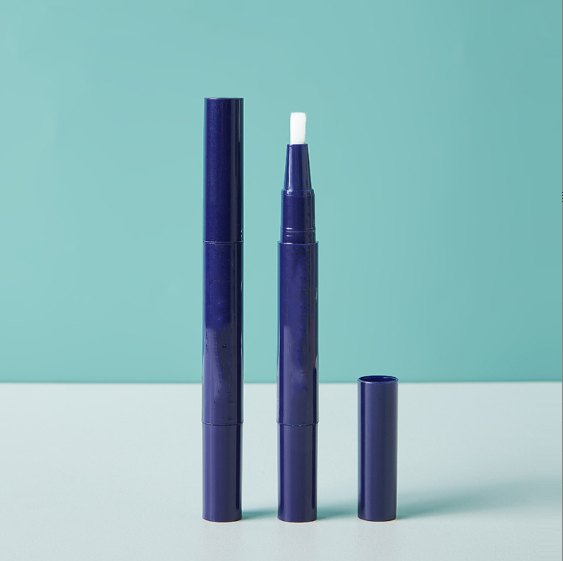
Private Label Whitening Gel
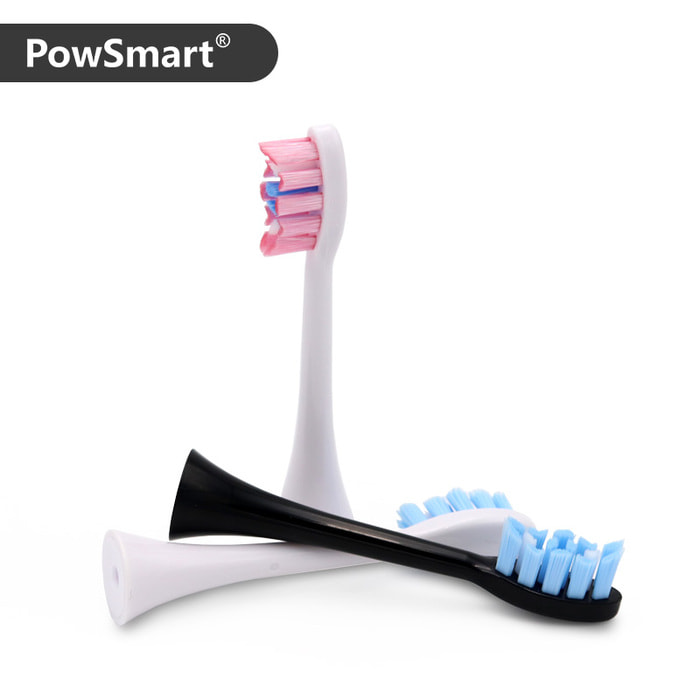
electric toothbrush heads Deep Clean
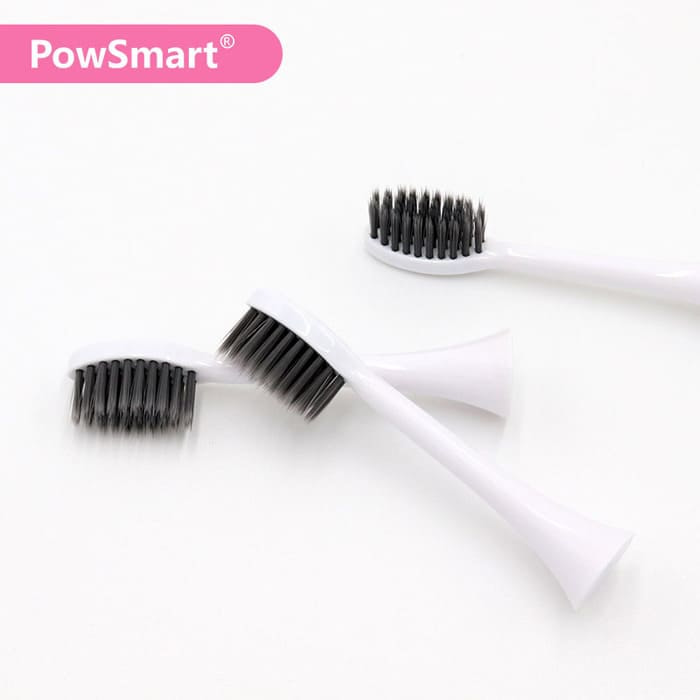
electric toothbrush heads Charcoal Infuse-Round
whstapp
whstapp
National Toll-Free Service Hotline
+86 755 86238638